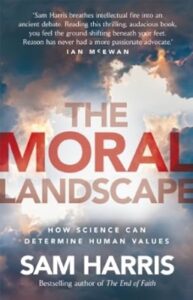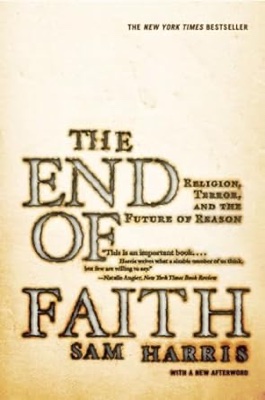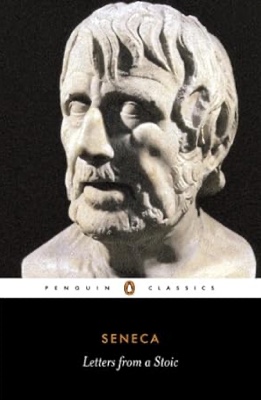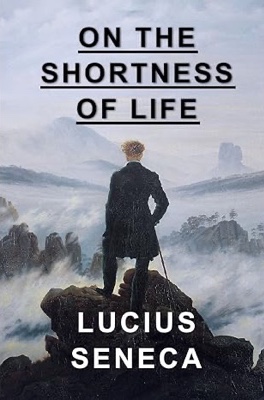 “The Moral Landscape: How Science Can Determine Human Values” by Sam Harris is a thought-provoking book that challenges the commonly held view that science has nothing to say about moral questions. Published in 2010, Harris argues that science, particularly facts about human well-being, can and should inform our understanding of what is right and wrong. The book proposes a framework for considering moral issues through the lens of human flourishing, suggesting that moral truths exist and can be understood in the context of science.
“The Moral Landscape: How Science Can Determine Human Values” by Sam Harris is a thought-provoking book that challenges the commonly held view that science has nothing to say about moral questions. Published in 2010, Harris argues that science, particularly facts about human well-being, can and should inform our understanding of what is right and wrong. The book proposes a framework for considering moral issues through the lens of human flourishing, suggesting that moral truths exist and can be understood in the context of science.
Harris introduces the concept of the “moral landscape,” a metaphorical representation of the peaks and valleys of human well-being, where the peaks correspond to the heights of potential human flourishing and the valleys to the depths of misery and suffering. He argues that there are objective truths about human well-being that science can uncover, thereby guiding moral reasoning and helping to resolve moral dilemmas.
One of the key assertions of “The Moral Landscape” is that questions of morality are really questions about happiness and suffering. Harris contends that by understanding the brain and the factors that contribute to wellbeing, we can make objective statements about what actions and policies are likely to improve human lives. He challenges the idea that moral relativism (the belief that no standpoint is uniquely privileged over all others) is a tenable position, arguing instead for a form of moral realism based on empirical evidence.
Harris also addresses the role of religion in moral discourse, critiquing the notion that morality is grounded in religious belief. He argues that secular moral frameworks, based on reason and evidence, provide a more reliable foundation for understanding and improving human well-being.
“The Moral Landscape” is a call to reframe the discussion about morality and values within the context of scientific understanding. Harris suggests that by using the tools of science to navigate the moral landscape, we can better identify paths toward human flourishing and away from suffering. The book is a bold assertion that science has a crucial role to play in defining and advancing the moral objectives of society.





